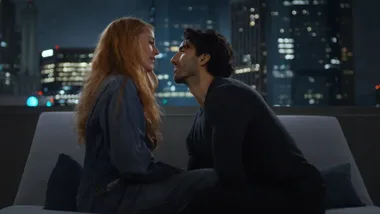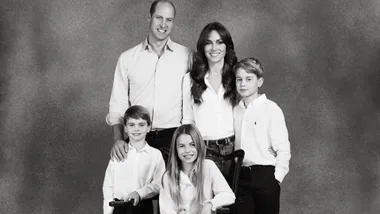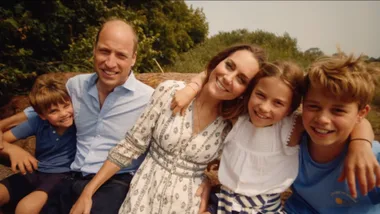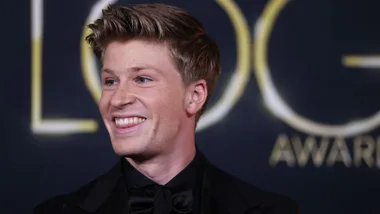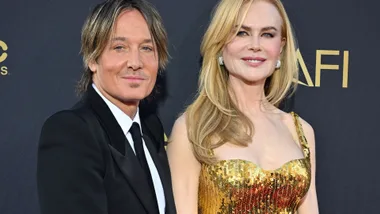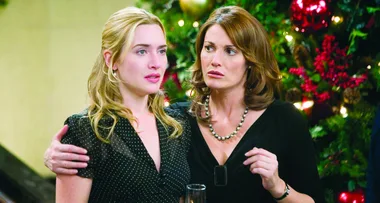Emily Ratajkowski has shared her thoughts on the controversy surrounding Netflix’s new Marilyn Monroe biopic Blonde, taking to TikTok to call out the film for adding to society’s obsession with “fetishising female pain”.
Directed by Andrew Dominik, Blonde has been hit with an onslaught of backlash over its depiction of Monroe’s life, glorifying the exploitation of the movie star—and all women—in Hollywood.
Ratajkowski stands with those slamming the film, heading to her TikTok to share the many other women in Hollywood who have had their struggles and pain glamorised and glorified.
“So I’ve been hearing a lot about this Marilyn Monroe movie, Blonde, which I haven’t seen yet, but I’m not surprised to hear it’s yet another movie fetishising female pain, even in death,” she said.
“We love to fetishise female pain. Look at Amy Winehouse. Look at Britney Spears. Look at the way we obsess over [Princess] Diana’s death,” she said, adding, “Look at the way we obsess over dead girls and serial killers. Watch any CSI episode, and it’s this crazy fetishisation of female pain and death”.

The model continued, “I think as woman, I can say for myself, I’ve learned how to fetishise my own pain and my own hurt, so it feels like something that can be tended to, that’s kind of sexy. ‘Oh, I’m this f–ked-up girl,’ whatever, and I think we do that in many, many different ways. But I want that to change.”
Ratajkowski posted said video mere weeks after she filed for divorce from film producer Bear-McClard, following rumours he had cheated on her. As a result, she too became the centre of society’s spotlight during a difficult and private time in her life.
“I was thinking about it, and you know what’s kind of hard to fetishise? Anger. Anger is hard to fetishise. So I have a proposal,” she suggested. “I think we all need to be a little more pissed off. I’m going to be in my witch era. 2022, baby, is my bitch era. I think we should all be in our bitch era.”
Ratajkowski continued, “So, I’m going to be pissed off when I see this movie, I already know it, but it’s nothing new. Yeah, I’m just going to get angry.”
As expected, Blonde has copped a substantial amount of controversy and criticism for its uncomfortable messages about pregnancy and miscarriages, as well as violent (and unnecessary) scenes that depicted domestic and sexual assault.
Following the controversial contents of the biopic, film critic Grace Randolph announced on Twitter that she would not be covering the film “in any capacity” and even called the film a “pretty appalling… sick fantasy”.
Despite the countless criticisms that the movie has copped, the film’s director has continued to make it clear that he doesn’t care if the film is received poorly. In an interview with Screen Daily, he explained that any negative reviews that Blonde receives isn’t his problem, but the audience’s.
“It’s a demanding movie. If the audience doesn’t like it, that’s the f–king audience’s problem,” he said, adding, “It’s not running for public office”.
Many have also reminded critics that Blonde wasn’t a figment of Dominik’s imagination, but was rather based on a book by author Joyce Carol Oates.
Some might excuse Blonde as being nothing more than the retelling of a book, but the question begs to be asked: Why should work that glorifies the pain and misery of a real person get any limelight, especially when its contents isn’t even accurate to what happened in real life.
